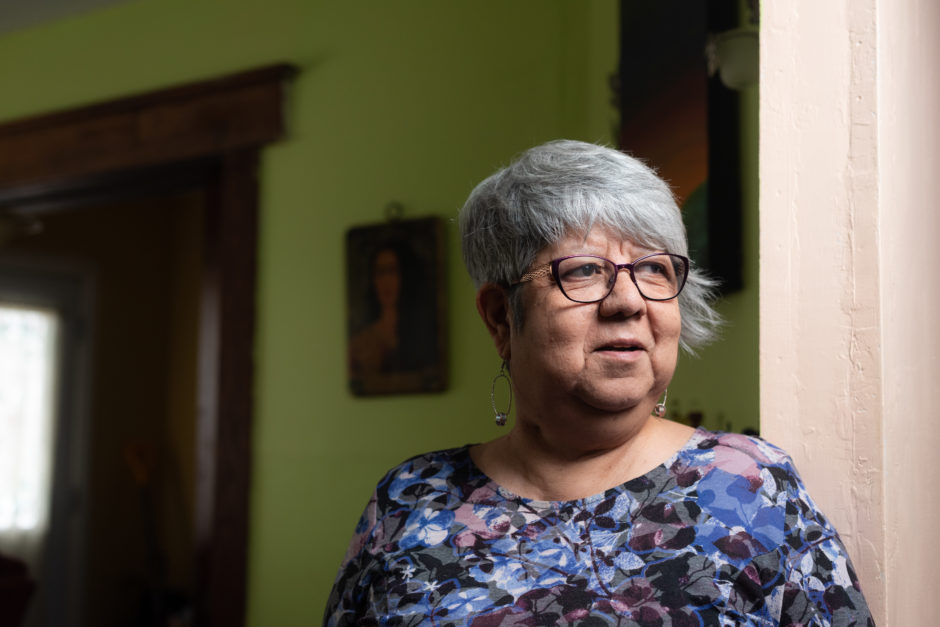April 3, 2019
Not everyone appreciates finding peace in your home and within yourself like Mirtha Rivera does.
Rivera grew up in Chile, a preschool teacher and performer who spoke out when the elected government was overthrown by the army in 1973.
“It was a time where people were killed, thrown in jail and many people disappeared because of your political beliefs,” she said.
“One of those times, they got me. I was going home and they got me.”
She was picked up off the street with her one-year-old son and detained. She saw and experienced terrible things that still pain her to speak about, including shooting deaths and torture.
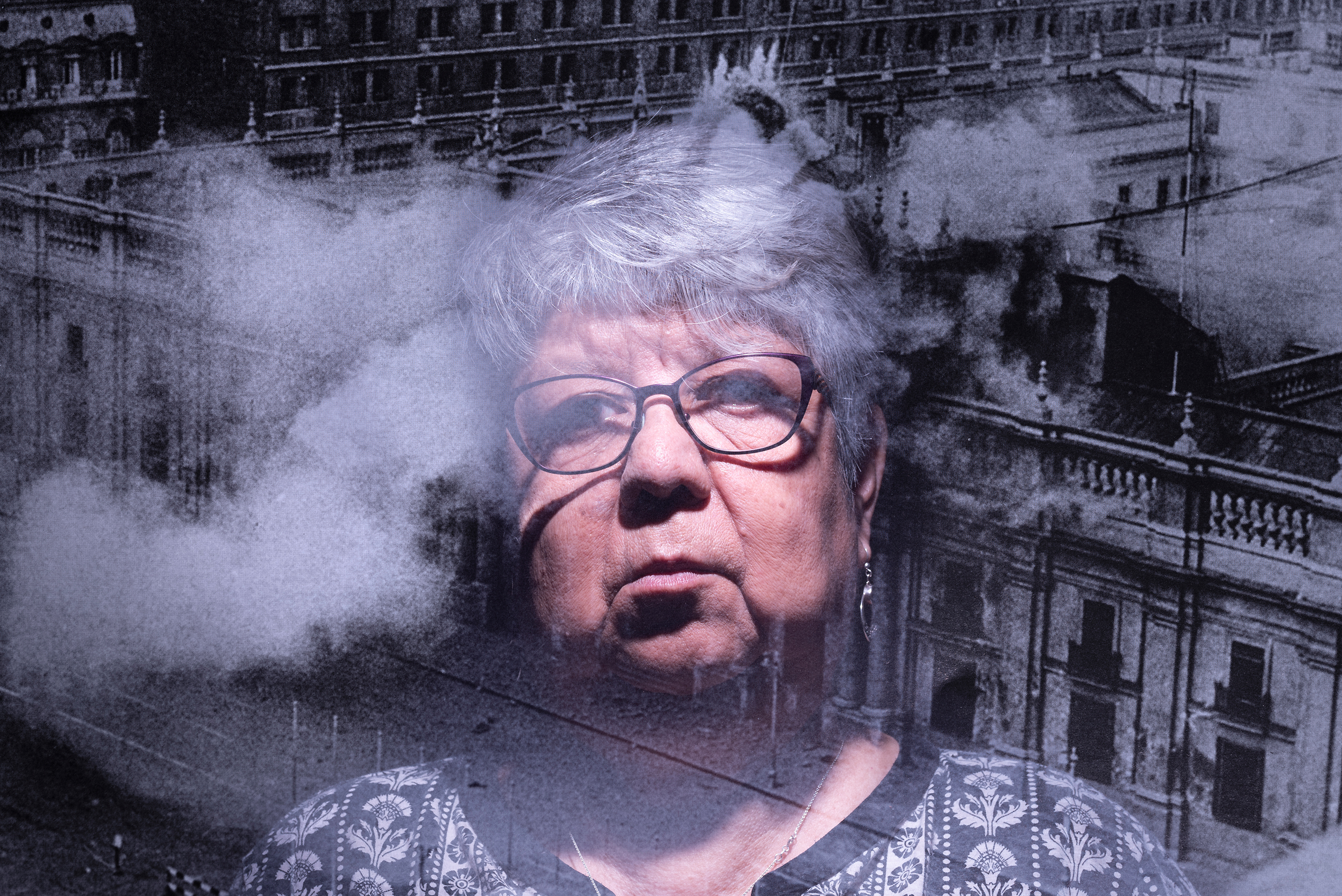
A Canadian nun working at a nearby church got visas for Rivera, her son and her then-husband to leave the country.
Rivera came to Saskatchewan as a political refugee, one of 7,000 Chileans and Latin Americans that fled to Canada in that decade.
She remembers her first sight of the province from the sky, on Nov. 16, 1975. It was a stark difference from her home city of Santiago, with a population of five million.
“So I looked down and it was just a spot of light, and I saw white.
"‘Oh my God,’ I said, ‘They sent me to Siberia!’”
While she felt like she could relax, that no one would follow her or put her in jail, she knew nothing of the English language and struggled to communicate. It didn’t feel like home. It was isolating.
“I was watching a documentary about a panda bear that didn’t want to eat, didn’t want to connect and he died. And I go, ‘OK, I don’t want to be like the panda bear. I’m isolated in here, learning in my own world. I need to make connections, learn my way around.’ And I started doing that.”
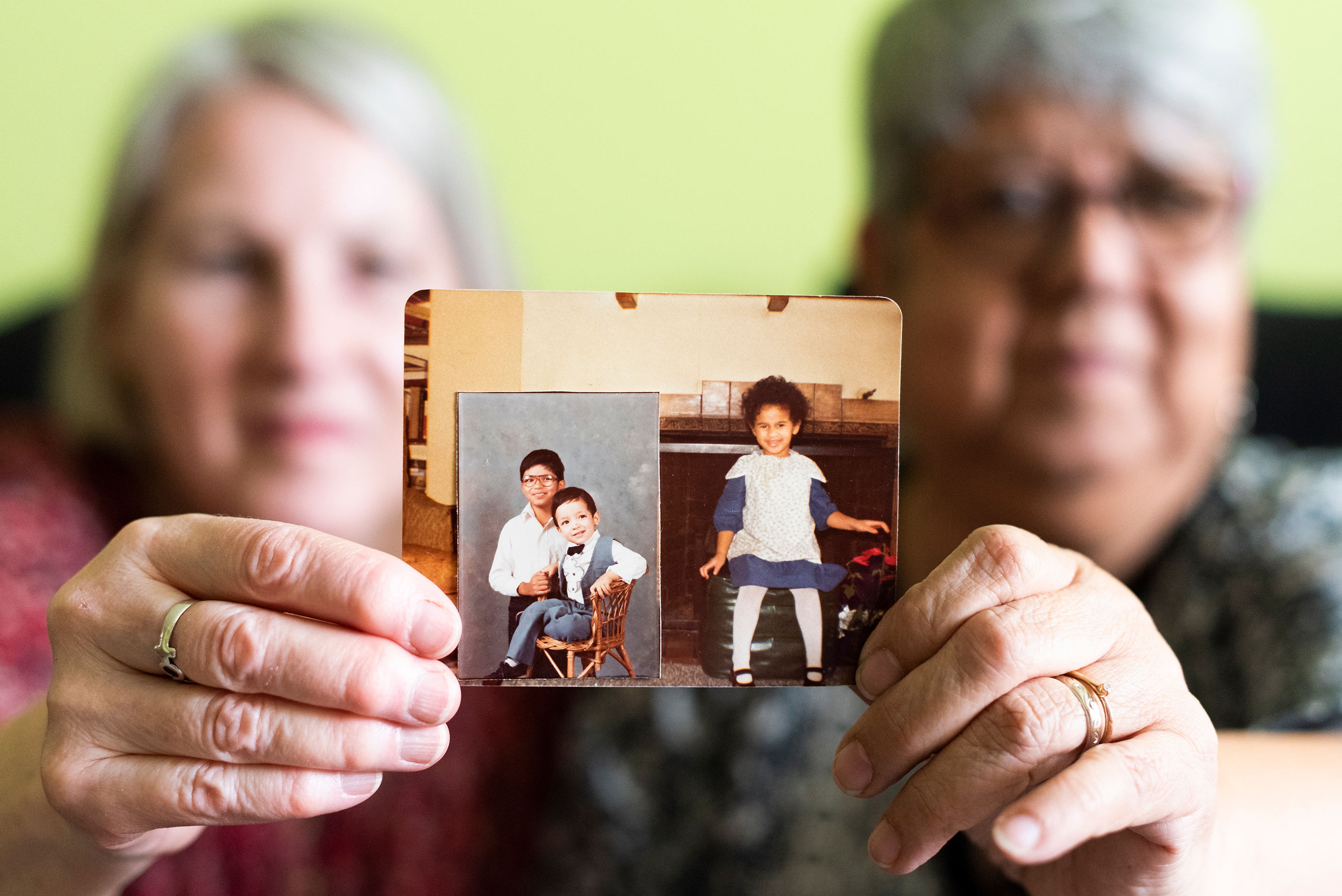
Rivera would end up learning English by watching soap operas and helping fellow Chileans in Regina navigate their new world, translating for them at doctors’ offices or grocery stores, and getting involved in the Mosaic cultural festival.
“That was when I decided, OK, this is what I need to do. This is what is home, and I need to make it home. Otherwise, there’s no future, if you don’t connect.”
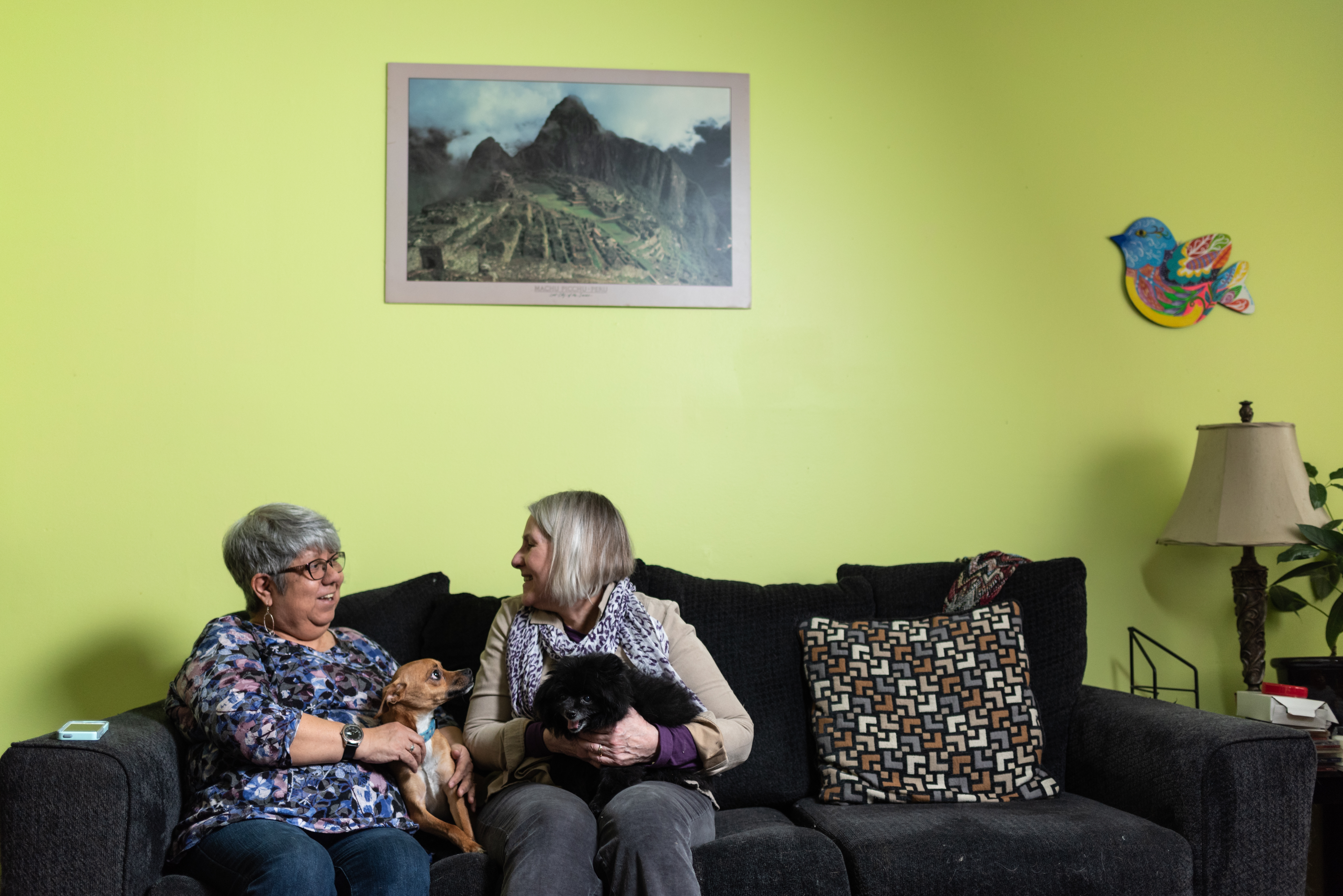
Meeting Jean Hillabold and opening up to a relationship with her was another part of coming home. In her own upbringing, being lesbian was taboo.
“I always liked women, since I was young. When I was five years old, I told my mom, ‘I will marry my friend’ — who was a girl.
“My mom beat me up. She said, ‘Women don’t do that. Don’t say that. Never say that, because those women are perverts,’” said Rivera.
“It scared me, so I never said anything but the feelings didn’t go away."
When she and Hillabold met through their work at a women’s shelter, it clicked that this was what she wanted, more than having a relationship with a man.
“I think it was like finding myself again and being reconciled with myself, with what I felt, what I thought and who I was.”
The two will celebrate 30 years together this summer, having raised three children and now living with their “fur babies,” as they call them.
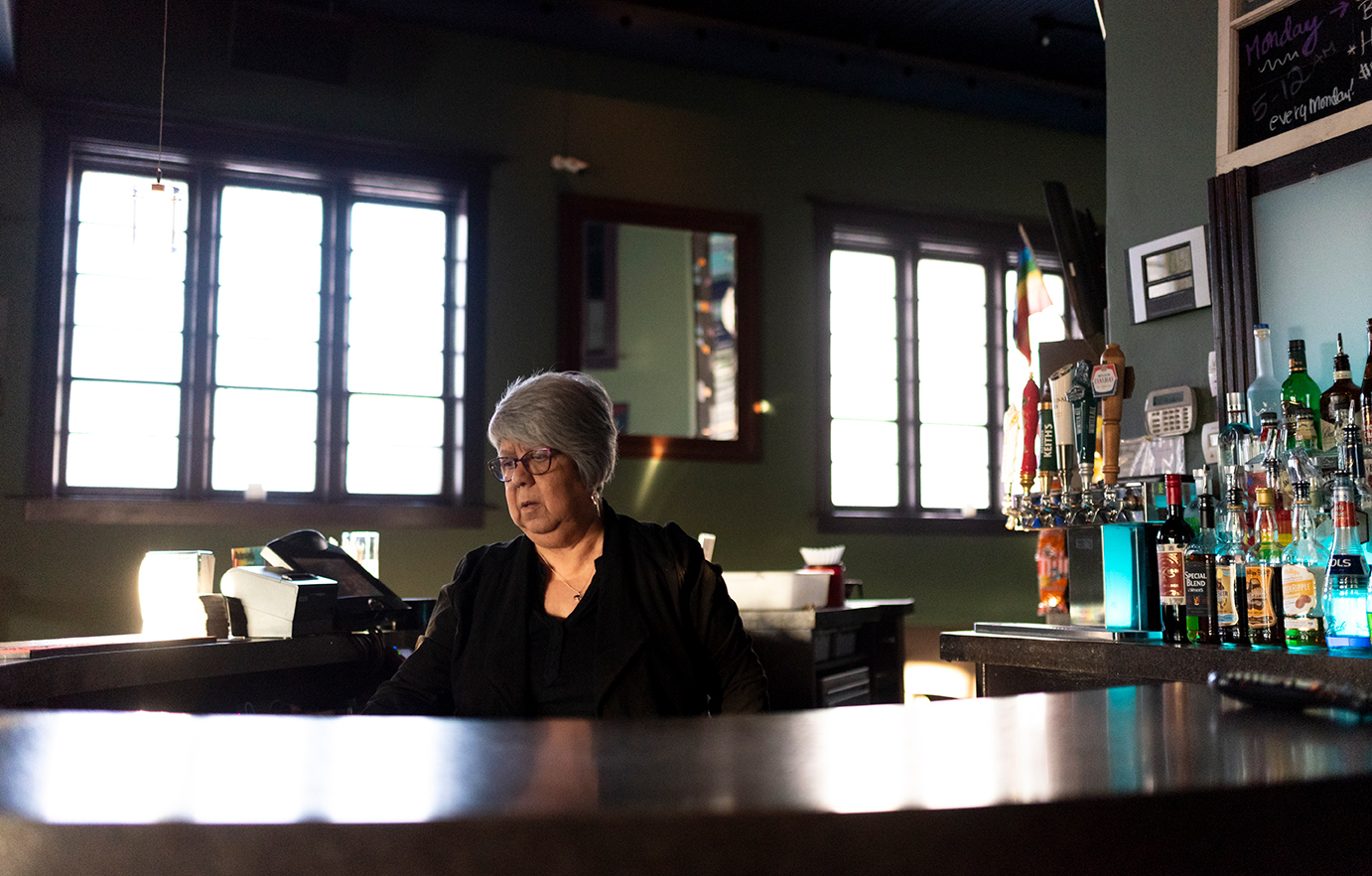
Both have been active volunteers at Regina’s Q Nightclub, helping and supporting others in the LGBT community. Rivera also carries on a tradition of organizing holiday meals for them.
“In a way of giving back to a community that opened its doors to me, I will do that, I will do the cooking. I’ve been doing the dinners for Thanksgiving, Christmas and sometimes Easters,” she said.
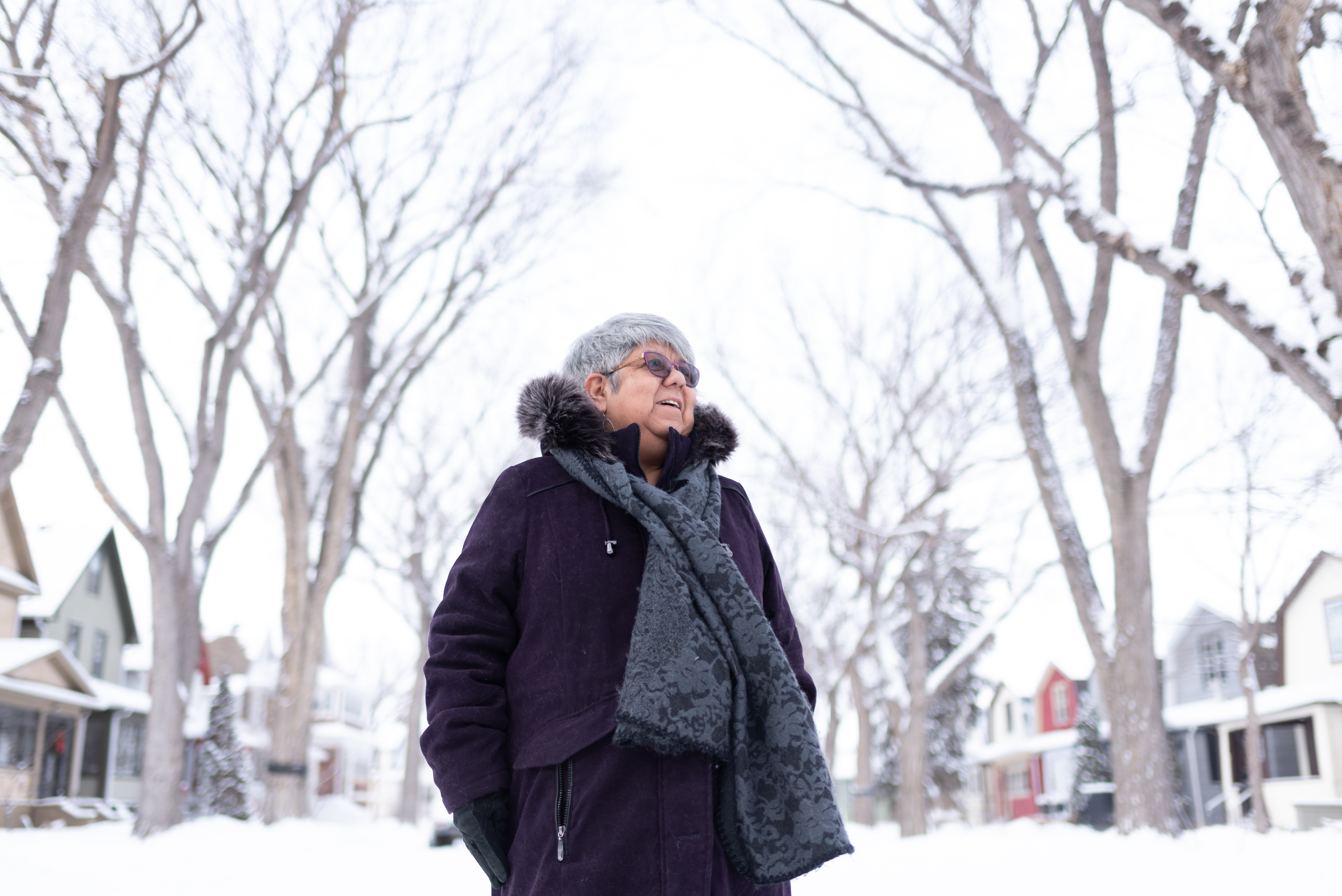
While Saskatchewan means freedom to express her own beliefs and identity, Rivera said peace is important to safeguard.
As a woman who is sometimes mistaken as being Indigenous, she doesn’t always feel safe walking the streets in her neighbourhood.
“I’ve been followed by a truck one time and another time by a car, and they were shouting obscenities at me,” she said.
Just as she did in Chile, she wants to use her voice here, her second home, to speak for a better future.
“My ideal world here is that all that violence stops against Indigenous people and people of colour. There needs to be a lot of education around here and not to be afraid to speak to your truth.
“Because I don’t want to live in fear anymore.”
The Finding Home series profiles eight people who have found a sense of belonging and community in Regina. Together, they are part of the ever-changing face of this province. Read the other profiles here.
You can also enter a contest telling us what makes Regina home to you.
